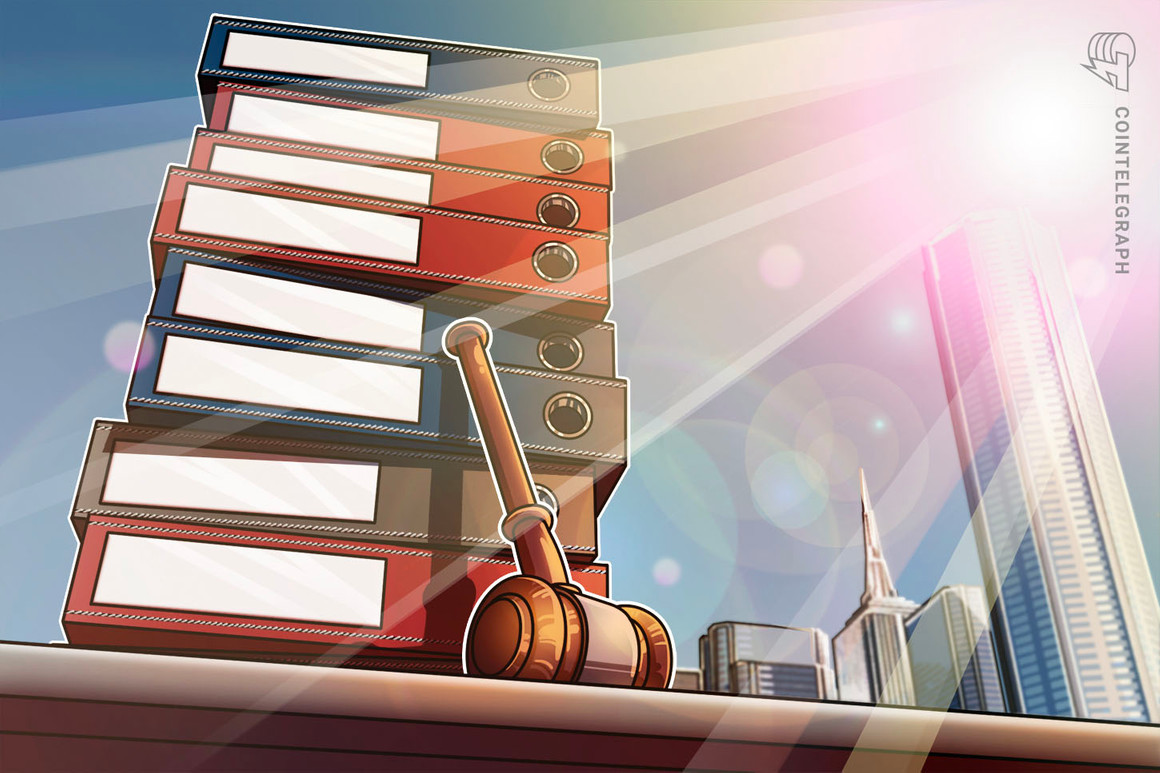Federal Reserve Board Governor Christopher Waller got here out towards the event of a Fed-backed digital forex in a speech Thursday, arguing {that a} digital greenback wouldn’t clear up any drawback at present dealing with the U.S. financial system.
“Whereas [central bank digital currencies] proceed to generate huge curiosity in the US and different international locations, I stay skeptical {that a} Federal Reserve CBDC would clear up any main drawback confronting the U.S. fee system,” Waller mentioned throughout a digital speech earlier than the American Enterprise Institute.
The speech comes forward of a report that Federal Reserve Chairman Jerome Powell has mentioned will likely be issued within the fall outlining the prices and advantages of making a digital greenback.
Waller identified that the personal banking system and the Federal Reserve are at present endeavor tasks that may permit funds to be made “instantly” after they’re initiated, that means {that a} cbdc wouldn’t in the end be capable of enhance upon applied sciences at present underneath improvement.
He additionally took purpose on the argument that providing Individuals particular person accounts on the Federal Reserve, the place they may retailer their digital {dollars}, would assist make the banking system extra inclusive. He pointed to a current examine by the Federal Deposit Insurance coverage Company exhibiting that simply 5.4% of U.S. households had been unbanked in 2019, and that 75% of the unbanked inhabitants was not fascinated about having a checking account.
“It’s implausible to me that creating a CBDC is the best, least pricey technique to attain this 1 % of households,” Waller mentioned. “As an alternative, we may promote monetary inclusion extra effectively by, for instance, encouraging widespread use of low-cost business financial institution accounts.”
Some advocates of the digital greenback argue that it could possibly be a protected alternative for stablecoins, or digital belongings that peg their worth to the greenback. Stablecoins are a staple out there for cryptocurrencies like bitcoin
BTCUSD,
and ether
ETHUSD,
as they allow merchants of cryptocurrencies to retailer their uninvested funds.
Regulators starting from Fed Chairman Jerome Powell to Treasury Secretary Janet Yellen have mentioned the dangers that stablecoins pose to the financial system as cryptocurrencies turn into extra widespread. Critics of stablecoins argue that they increase monetary stability considerations, as a result of they perform like financial institution deposits, i.e. they’re a digital asset backed by a promise to transform one-to-one into U.S. {dollars}, however they aren’t regulated or insured by the federal government.
These considerations grew after New York State Lawyer Normal Letitia James banned the use in New York of a stablecoin referred to as Tether
USDTUSD,
and an related crypto alternate, Bitfinex, for making false statements in regards to the forex’s backing.
Waller argued that these considerations must be addressed by regulation fairly than the creation of a digital greenback.
“There are lots of authorized, regulatory, and coverage points that have to be resolved earlier than stablecoins can safely proliferate,” he mentioned. “My level, nonetheless, is that the personal sector is already creating fee alternate options to compete with the banking system. Therefore, it appears pointless for the Federal Reserve to create a CBDC to drive down” prices of funds.
Waller concluded by arguing that the U.S. funds system has at all times relied largely on personal cash created by banks, however regulated and supported by the Federal Reserve system. New, personal digital cash is just carrying on this custom.
The present “division of features between the Federal Reserve and business banks displays an understanding…that the federal government ought to compete with the personal sector solely to deal with market failures”, he mentioned. “This bedrock precept has stood America in good stead since its founding, and I don’t suppose that CBDCs are the case for making an exception.”
Source: Market Watch










